For chocolate producers and bakeries in Palestine, understanding import regulations for cocoa products is a fundamental component of efficient supply chain management. Cocoa, whether in the form of cocoa powder, cocoa mass, or cocoa butter, is a globally traded commodity with specific regulatory requirements designed to ensure quality, safety, and compliance with local standards.
The Palestinian market presents unique challenges: fluctuating tariffs, customs procedures, and compliance with Palestinian Standards Institution (PSI) requirements. Misunderstanding these regulations can result in shipment delays, additional costs, or even product rejection at customs.
At MT Royal, we provide a complete range of cocoa products from reliable suppliers, including premium European brands like Latamarko, and guide our clients through regulatory compliance, ensuring smooth import processes and uninterrupted production.
Understanding Cocoa Product Classifications
Cocoa products are classified under different codes for customs purposes, which affect tariffs and documentation:
- Cocoa Beans: Raw or fermented, used for further processing in chocolate manufacturing.
- Cocoa Mass / Liquor: Ground or roasted beans, essential for chocolate production.
- Cocoa Butter: Extracted fat from cocoa beans, highly sensitive to temperature during transport.
- Cocoa Powder: Either natural or alkalized, used in bakery and beverage applications.
Each category may be subject to different import rules, quality certifications, and labeling requirements. For instance, cocoa butter often requires temperature-stable transport documentation to comply with Palestinian import authorities.
Key Regulatory Bodies in Palestine
Several authorities govern the import and quality assurance of cocoa products:
- Palestinian Standards Institution (PSI):
- Sets national quality standards for cocoa powder, mass, and butter.
- Requires certificates of analysis for imported batches to verify composition, fat content, and microbial safety.
- Palestinian Customs Authority:
- Oversees tariffs, customs clearance, and documentation verification.
- Requires accurate Harmonized System (HS) codes for cocoa product classification.
- Ministry of Health (MoH):
- Ensures imported food products meet hygiene and safety requirements.
- Cocoa used in bakery and confectionery must be free from contaminants and meet labeling standards.
- Ministry of Agriculture (MoA):
- Oversees import permits for agricultural commodities, including cocoa beans.
Compliance with these bodies is essential to avoid shipment delays or regulatory penalties.
Documentation Required for Cocoa Imports
Successful importation relies on meticulous documentation:
- Commercial Invoice: Includes product description, quantity, price, and origin.
- Packing List: Specifies packaging type, batch numbers, and total weight.
- Certificate of Origin: Confirms the cocoa’s country of production.
- Quality Certificates / Certificate of Analysis: Provided by suppliers like Latamarko, showing fat content, moisture levels, and microbial analysis.
- Import Permit: Issued by Palestinian authorities, particularly for cocoa butter and raw beans.
- Health Certificate: Ensures products meet MoH standards.
Tip: At MT Royal, we assist our clients in preparing compliant documentation, reducing administrative burdens for factory managers and procurement officers.
Tariffs, Duties, and Customs Procedures
Import duties in Palestine vary depending on the cocoa product and origin:
| Cocoa Product | Typical Tariff (%) | Notes |
|---|---|---|
| Cocoa Beans | 5–10% | Often requires fumigation certificate. |
| Cocoa Mass / Liquor | 10–15% | Must meet PSI quality standards; temperature-sensitive handling. |
| Cocoa Butter | 5–12% | Premium brands like Latamarko may be exempt from extra tariffs under bilateral agreements. |
| Cocoa Powder | 10–15% | Requires certificate of analysis and hygiene approval. |
Customs clearance can take several days to weeks depending on accuracy of documentation, tariff classification, and adherence to PSI standards.
Quality Assurance and Compliance
Quality assurance (QA) is critical for cocoa importers:
- Supplier Vetting: Choose suppliers with verifiable certifications (ISO 22000, HACCP). Premium brands like Latamarko have well-documented QA processes, ensuring consistent cocoa quality.
- Batch Testing: Upon arrival, Palestinian manufacturers should test cocoa batches for moisture content, fat levels, and microbial contamination.
- Storage Compliance: Cocoa must be stored in climate-controlled conditions immediately after import to maintain quality, especially cocoa butter and alkalized powders.
- Traceability: Maintain detailed records of origin, shipping, and quality certificates to comply with PSI audits.
Example: Factories using MT Royal-supplied cocoa have reported fewer rejected shipments and more predictable chocolate quality, thanks to strict adherence to QA protocols.
Common Pitfalls in Cocoa Importation
- Incomplete Documentation: Missing health certificates or certificates of analysis can delay customs clearance.
- Misclassification of Products: Incorrect HS codes can lead to incorrect tariffs or shipment detention.
- Ignoring Storage Requirements: Heat and humidity during transit can damage cocoa quality if packaging is insufficient.
- Supplier Reliability: Low-quality suppliers can compromise both compliance and final product consistency.
By partnering with trusted suppliers like MT Royal, manufacturers mitigate these risks while gaining access to premium cocoa blends suitable for Palestinian chocolate production.
Step-by-Step Guide for Cocoa Import Compliance
- Select a Verified Supplier
Ensure the supplier provides proper certificates, including COA, HACCP, and ISO compliance. - Check PSI Standards
Verify that your cocoa type meets Palestinian quality regulations. - Prepare Required Documentation
Include invoice, packing list, certificate of origin, health certificate, and quality certificate. - Obtain Import Permit
Apply to relevant authorities depending on cocoa product type. - Arrange Shipping and Packaging
Use climate-appropriate packaging and maintain temperature-sensitive conditions during transit. - Customs Clearance and Inspection
Submit documentation accurately and be prepared for PSI quality verification. - Warehouse Handling and Storage
Immediately transfer cocoa to climate-controlled storage to prevent degradation. - Ongoing QA Checks
Implement batch testing and traceability for continuous compliance.
Special Considerations for Premium Brands
Brands like Latamarko provide advantages in both compliance and quality:
- European certifications simplify PSI approval.
- Superior packaging ensures reduced spoilage during Palestinian summers.
- Stable fat content in cocoa butter and consistent cocoa powder quality facilitate predictable production outcomes.
Insight: Factories sourcing cocoa from MT Royal with Latamarko options have reported up to 20% less production loss due to inferior cocoa quality compared to unverified imports.
FAQs: Import Regulations for Cocoa Products in Palestine
Q1: Can I import cocoa without a PSI certificate?
No. PSI certificates are mandatory to ensure compliance with Palestinian quality standards.
Q2: Are there exemptions for small quantities?
Small shipments may be subject to simplified customs procedures, but quality and health certificates are still required.
Q3: How long does customs clearance usually take?
Clearance times range from 3–14 days depending on documentation accuracy and product type.
Q4: Does MT Royal assist with regulatory compliance?
Yes. We guide manufacturers through documentation, supplier vetting, and quality checks to facilitate smooth imports.
Q5: Are premium European brands easier to import?
Yes. Brands like Latamarko often come with international certifications, reducing inspection delays and ensuring product consistency.
Best Practices for Import Success
- Maintain up-to-date knowledge of Palestinian customs regulations.
- Establish strong relationships with suppliers and customs brokers.
- Use proper climate-controlled packaging and shipping methods.
- Implement internal QA for incoming shipments to reduce production risks.
- Document and track every shipment to comply with audits and inspections.
By adopting these practices, Palestinian chocolate producers can focus on crafting high-quality products while minimizing delays, losses, and regulatory complications.
Conclusion: Import Compliance as a Competitive Advantage
Understanding import regulations for cocoa products in Palestine is more than a bureaucratic necessity—it’s a competitive advantage. Factories that prioritize compliance, work with verified suppliers like MT Royal, and leverage premium cocoa brands such as Latamarko enjoy smoother supply chains, higher product consistency, and reduced operational risk.
Navigating these regulations may seem complex, but with the right guidance, factories can secure reliable cocoa supplies, maintain product excellence, and focus on what truly matters: delighting customers with high-quality chocolate.
latamarko alkalized cocoa powder lm60
cocoa powder for chocolate production-Best price
Food industry raw materials – list of products
Types of Gelatin from Turkish Manufacturer
Alkalized Cocoa Powder Bulk Supplier


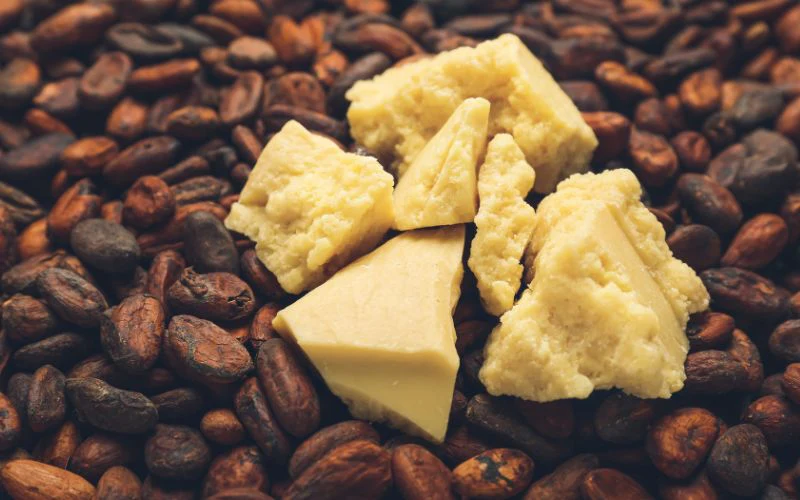
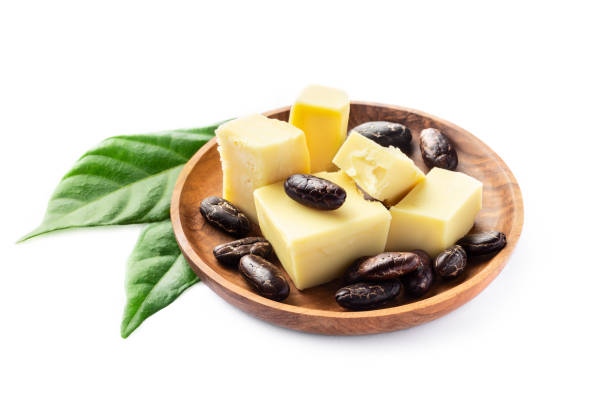
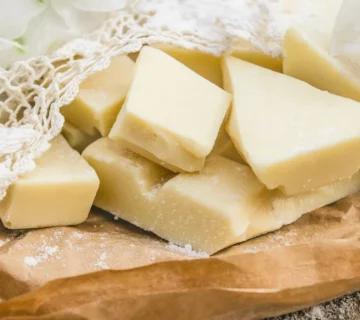
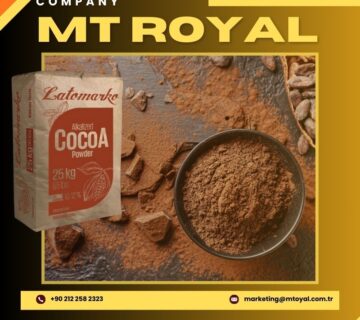
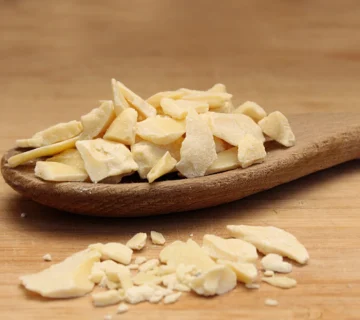
No comment